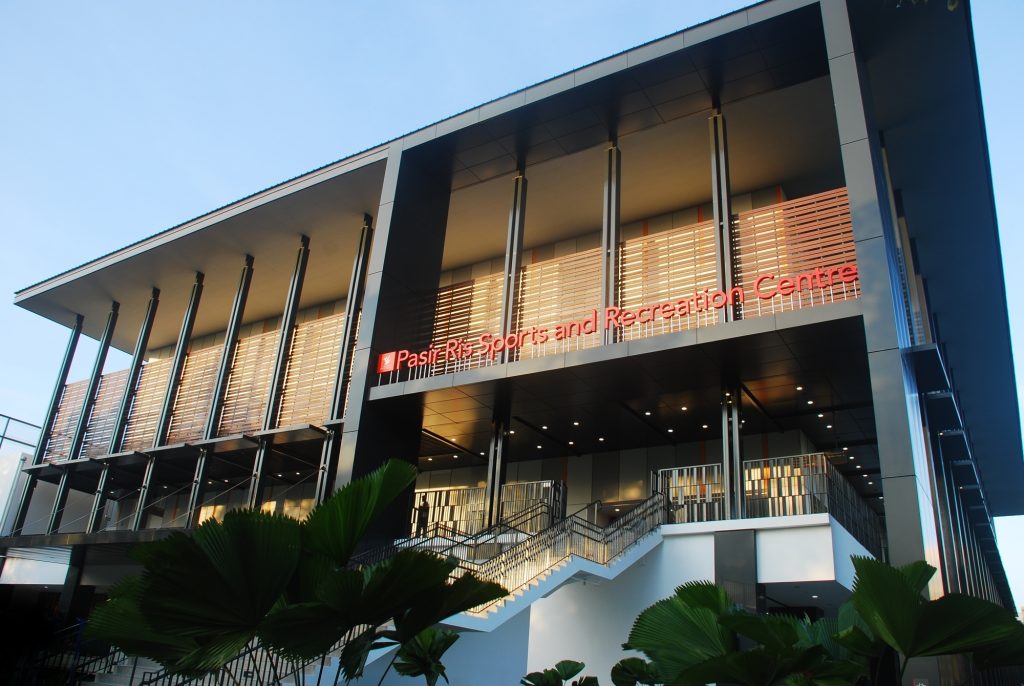You’ve made the decision to purchase a condominium. Congratulations! For many people, buying a condo comes down to a lifestyle decision. In comparison to owning a home, it usually comes with fewer responsibilities. You won’t have to deal with snow shoveling or yard mowing. Condos are often less expensive than houses and are frequently accessible in urban areas. Once you’ve determined that a condo lifestyle is right for you, there are a few things to think about. When buying a condo, there are five things to think about.

“Location, location, location,” they say are the three most important real estate rules. Because you won’t be living in your condo like Pasir Ris 8 indefinitely, consider its long-term resale value. Is the neighborhood experiencing a renaissance? Are there any planned developments that could assist boost the property’s value? It’s also important to consider the perspective. Will a beautiful vista stay that way or may it change? Amenities are the little additions that people adore. A gym, party room, swimming pool, concierge, guest bedrooms, and visitors parking are examples of amenities. Think about the structure’s features and if you’ll use them. In general, the higher the facilities, the higher the condo fees, so keep that in mind as well. It’s critical to make sure there’s enough money in the reserve fund to avoid your condo fees increasing. The reserve money is utilized to cover capital expenses such as facility repairs, parking lot road work, and roof repairs. The status certificate should be reviewed by your real estate lawyer to ensure that the reserve fund is properly administered.
Condo living may not always provide the same level of independence as home ownership. Residents of condominiums are frequently subjected to limitations. Restriction on pets is rather prevalent. For example, you may be limited to having only a small dog, or dogs may be prohibited entirely. It’s also possible that you won’t be able to renovate without approval. Make sure you’re aware of the rules ahead of time so you’re not surprised.

It’s critical to make sure there’s enough money in the reserve fund to avoid your condo costs spiraling out of control. The reserve money is utilized to cover capital expenses including facility repairs, parking lot repaving, and roof repairs. To ensure that the reserve fund is properly maintained, have your real estate lawyer evaluate the status certificate.
Finally, keep in mind that while purchasing a condo, size does matter. Determine the square footage and ensure that your current furniture will fit in your new unit. This is especially crucial if you’re buying pre-construction and won’t be able to see the apartment firsthand. My mother recently bought a condo only to discover that none of her belongings would fit. She was fortunate enough to be able to upgrade to a larger unit. Don’t fall victim to the same fate.
When times are tough, condominiums can be a decent investment for the appropriate buyer in the right location, albeit they are more difficult to acquire and sell than a detached house. Before buying a condo, make sure you do your homework and look into the HOA, CC&Rs, and any tax and insurance issues.




